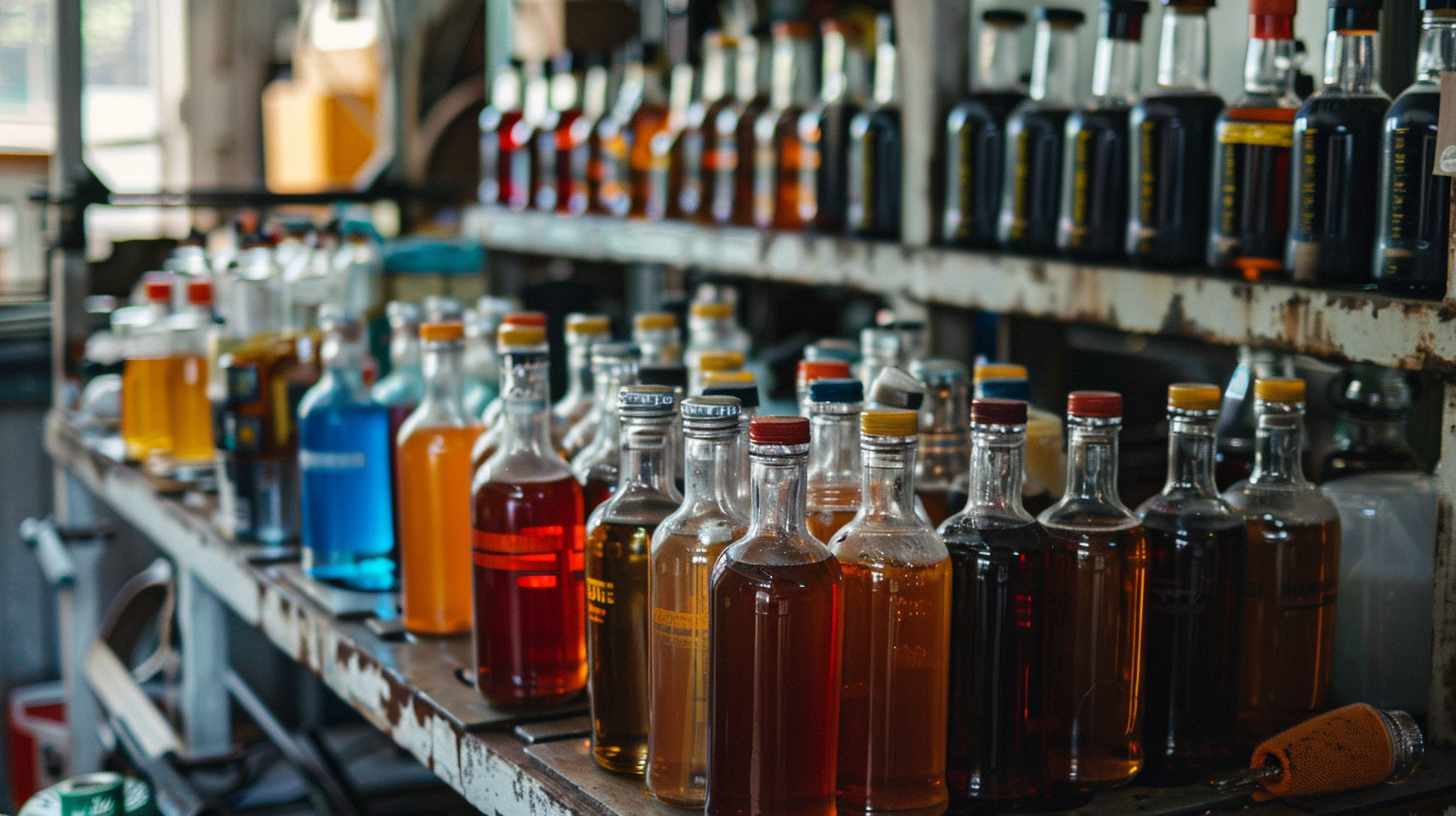- Why It Matters: Thailand’s evolving cannabis laws reflect a significant shift in drug policy, with implications for both local businesses and international tourists.
- The Big Picture: Recent raids on cannabis-infused product manufacturers highlight the challenges of regulating a newly legalized market.
- What To Watch: The government’s next steps could determine the future of cannabis in Thailand, balancing economic opportunities with public health concerns.
BANGKOK, THAILAND – In a recent sweep, Thai authorities targeted several manufacturing facilities in the Pak Kret district of Nonthaburi, uncovering a clandestine operation producing craft soda infused with kratom and cannabis. The raids, led by the Division of Special Investigation (DSI) in collaboration with the Food and Drug Administration (FDA), resulted in the arrest of two individuals: the 39-year-old company manager, SUTHICHAI (name changed for privacy), and 46-year-old production overseer, GOMEN (name changed for privacy).
This operation sheds light on the complex landscape of cannabis in Thailand, where the government’s efforts to liberalize cannabis use have met with both enthusiasm and caution. Since the decriminalization of certain parts of the cannabis plant last year, the country has seen a surge in cannabis cafes and dispensaries. However, the lack of clear regulations has led to what some describe as a “weed Wild West.”
Authorities seized approximately 30,000 bottles of the illicit craft soda, alongside production equipment, in a move that underscores the ongoing debate over cannabis legalization in Thailand. Despite the potential for economic growth and medical benefits, the government faces the challenge of preventing misuse and ensuring public safety.
According to DSI official SANTHI KASEM, the investigation began after tips about the widespread distribution of kratom-infused beverages under a popular brand across Bangkok. Laboratory tests confirmed the presence of mitragynine, a compound found in kratom, leading to the issuance of a search warrant by the Nonthaburi Provincial Court.
The case against the arrested individuals includes charges of producing and distributing mislabeled food products, a violation carrying a potential ten-year prison sentence. This incident highlights the ongoing challenges faced by Thai authorities in regulating the burgeoning cannabis and kratom market, balancing the benefits of legalization with the need to protect consumers from potentially harmful products.
As Thailand navigates this new era, the world watches closely. The country’s approach to cannabis regulation could serve as a model for others, offering lessons on the complexities of transitioning from prohibition to legalization.
